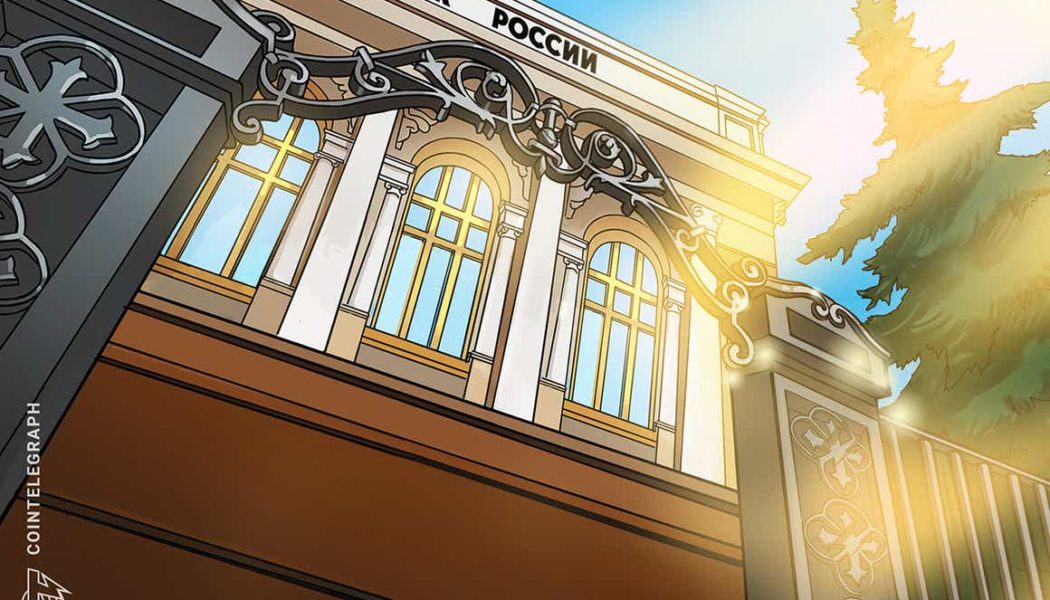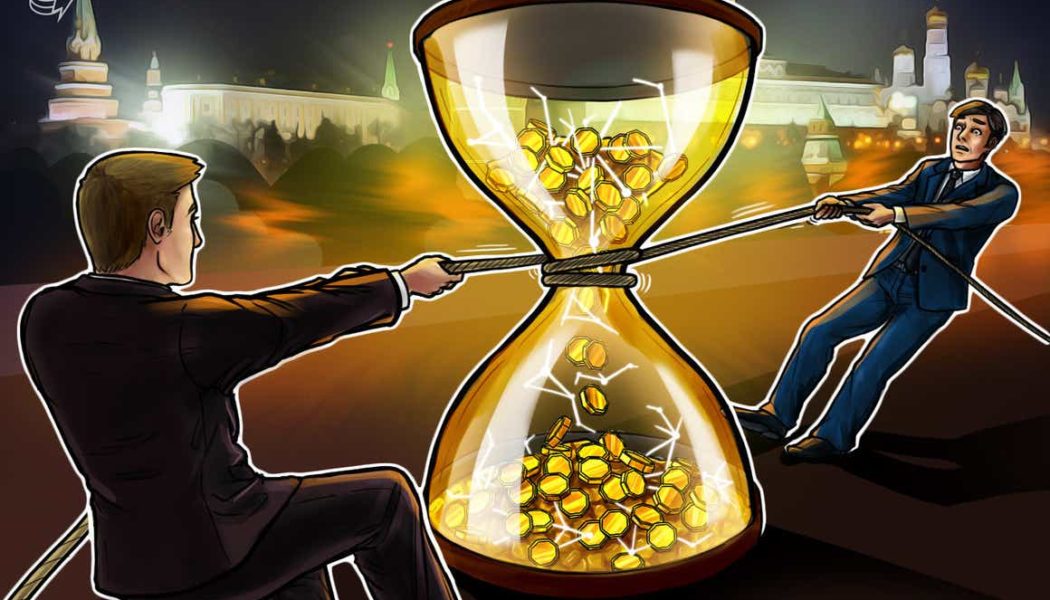crypto ban
Argentina’s central bank steps in to block new crypto offerings from banks
The central bank of Argentina (BCRA) has put the kibosh on financial institutions offering crypto trading only days after two of the country’s largest banks signaled they were opening up to digital assets. On Thursday, the BCRA said the move was to mitigate the risks crypto poses to users and “to the financial system as a whole,” citing crypto’s high volatility, use in money laundering and absence of regulatory safeguards. The news came hot on the heels of an announcement on Monday from two of the country’s largest banks, Banco Galicia and Brubank, that they would allow their customers to purchase Bitcoin (BTC), Ether (ETH), USD Coin (USDC) and Ripple (XRP). The decision to open crypto trading was decided by a poll conducted by Banco Galicia, where 60% of respondents said they wanted easie...
Ukraine finds unlikely ally in efforts to bar Russian access to crypto: The Central Bank of Russia
Recently, Ukraine has called for “sabotage” of everyday Russians’ crypto assets due to an ongoing war between the two countries. Among many, its European allies have also voiced mounting concerns that Russia may use crypto to bypass Western sanctions. But ironically, it appears that one of the greatest proponents of barring everyday Russians and financial institutions from accessing cryptocurrencies is actually the Central Bank of Russia, or CBR, itself. As reported by local news outlet tass.ru on Thursday, the CBR continues to adhere to its position of proposing to ban the issuance, mining, and circulation of cryptocurrencies in the Russian Federation. A CBR official stated: “The Central Bank currently supports the position that was previously announced ...
Russian tech and political executives denounce crypto ban proposal
Russia’s recent ban on crypto has drawn criticism from a number of big names, including Alexei Navalny’s chief of staff Leonid Volkov, and Telegram founder Pavel Durov. On Jan. 20, Russia’s Central Bank published a report proposing a blanket ban on domestic crypto trading and mining. The report stated that the risks of crypto are “much higher for emerging markets, including Russia.” However, it appears that this proposed ban isn’t universally accepted in the country. A Jan. 22 post by the Telegram founder, Pavel Durov stated that the proposed ban on crypto would “destroy a number of sectors of the high-tech economy.” He added: “Such a ban will inevitably slow down the development of blockchain technologies in general. These technologies improve the efficiency and safety of many human ...





